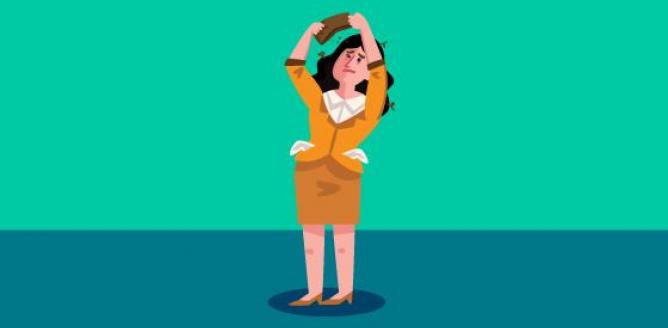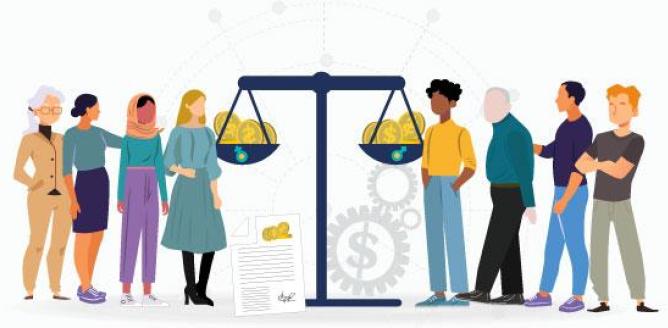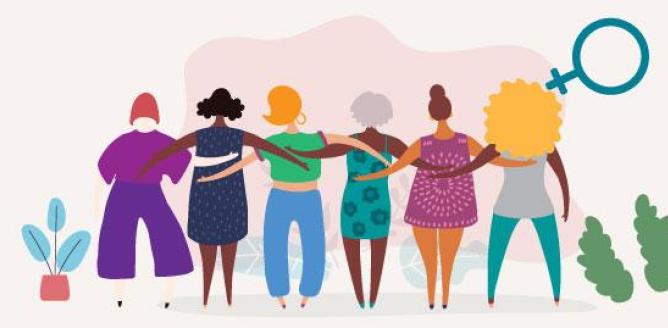“Poverty is not an accident. Like slavery and apartheid, it is man-made and can be removed by the actions of human beings.” Nelson Mandela, former South African President and anti-apartheid revolutionary
Despite its reputation as Asia’s premier financial centre, Hong Kong’s monetary success and development has left behind a significant portion of its population. Over 1 million people in Hong Kong live in poverty, defined by the government as having a monthly household income of less than HK$4,000 for a single person and HK$9,800 for a two-person household.
Women are hit harder by poverty. On average, women in Hong Kong make 22% less than men, but among the poor, women earn close to 40% less, according to Oxfam. Gender income disparity among employed people in poor households has been worsening over the past decade with 1 in 6 women living below the poverty line.
The Government recently announced that it is investing HK$20 billion for welfare facilities that will include childcare and elderly activity centres, providing needed support to lower income women, for whom caregiving responsibilities are often an obstacle to achieving stable and full time employment.
However, the initiative has been criticised for inadequately meeting the demand of the city’s impoverished residents, with the number of eldercare recipients projected to double in the next 20 years.
It is estimated that approximately one million women are ineligible for pension protection and a lifetime of financial insecurity means many older women cannot afford an adequate standard of living in old age. Groups like homemakers, carers, and single parents are particularly vulnerable, and many older women live alone and struggle with low quality housing, poor health and a lack of services.
Eradicating poverty among women and their families is a core focus of our work. For nearly a decade, TWF has helped diverse groups of marginalised women develop financial literacy and employability skills. We were thrilled when 60% of our participants left the social security net and went on to be employed, self-employed or complete job skill courses. The programme utilised an empowerment approach that incorporated positive mindset training and relied on a strong mutual support network among participants to help each other achieve their goals in the face of adversity. Some participants noted that beyond financial skills and the ability to look for jobs, they gained “life planning” skills – learning how to prioritise needs and wants, how to set goals, and how to maintain motivation. While our participants have benefitted we know there are many more women across our city who lack access and opportunities to improve their livelihoods.
The feminisation of poverty is a multi-faceted issue and requires an equally complex solution. As a priority, we need comprehensive gender-disaggregated census data on poverty that is accurate over a cross section of society. We need a gender sensitive review of Government policies and initiatives targeting the poor. We need employers to provide greater flexwork and part-time options that provide adequate benefits. And we need innovative partnerships to provide long-term skills and opportunities for this segment of our population.
As a city, we can – and need - to do much better. Lifting up women in poverty benefits our whole society – let’s work together to make this happen.
Get in touch at Fiona.Nott@twfhk.org.





















